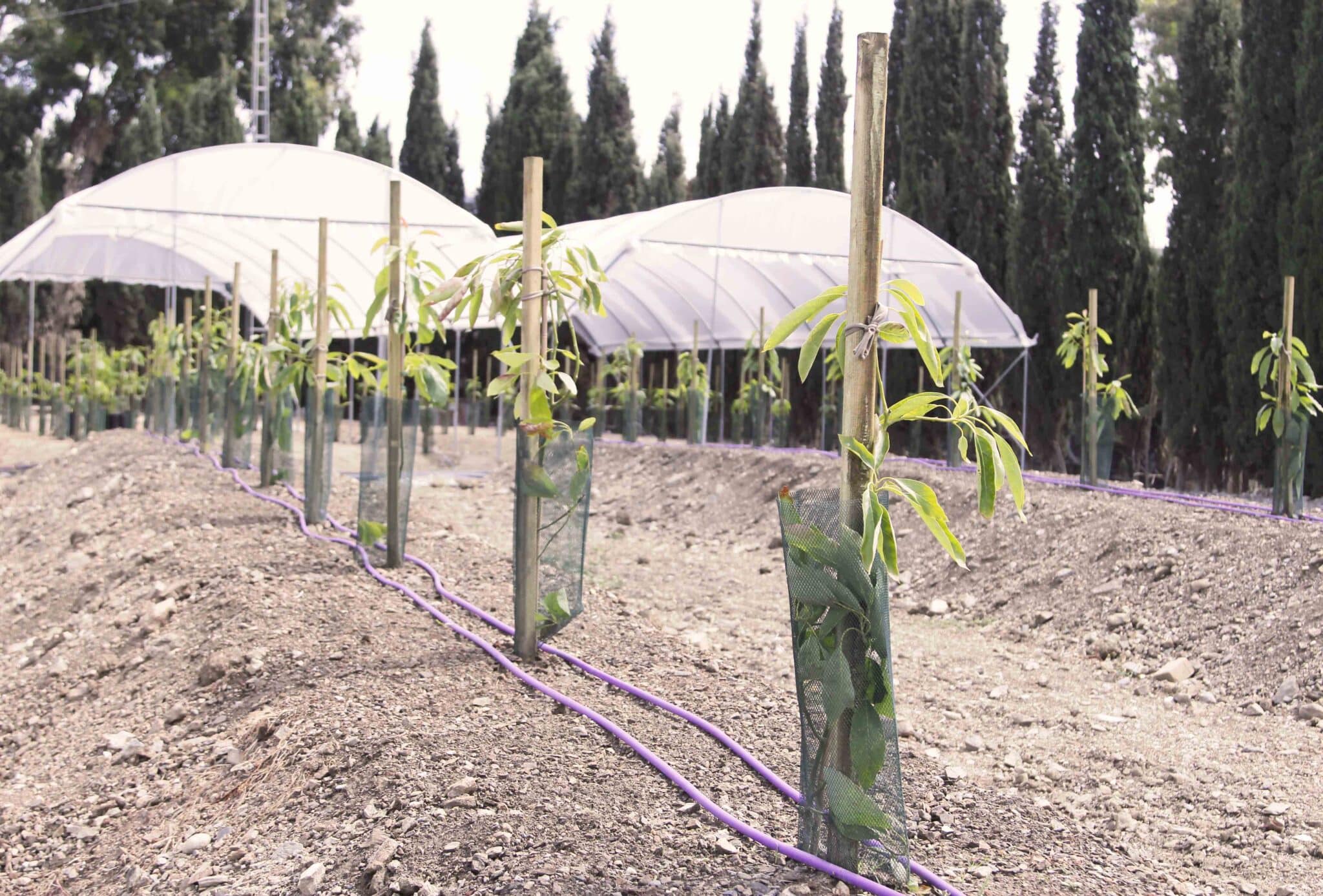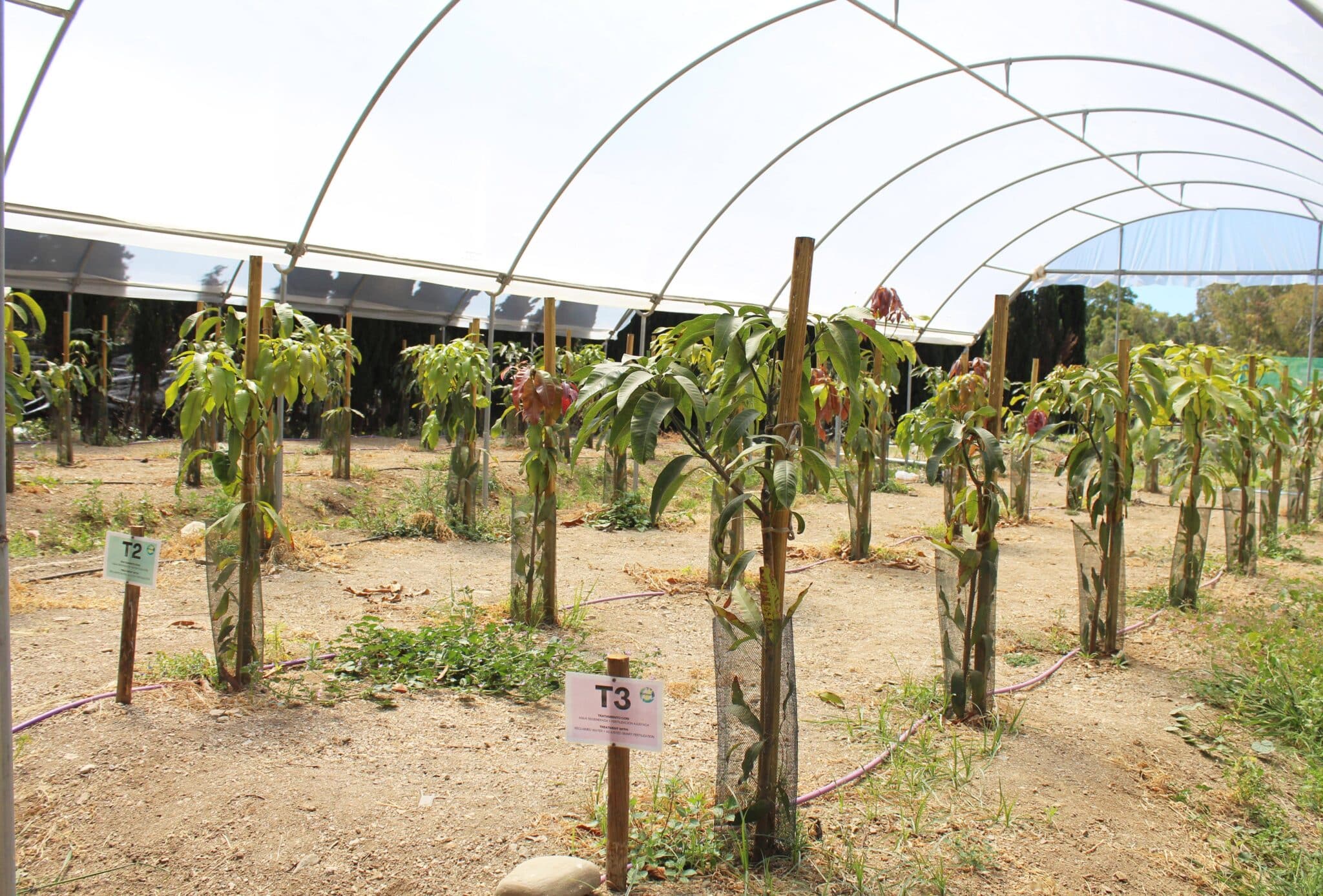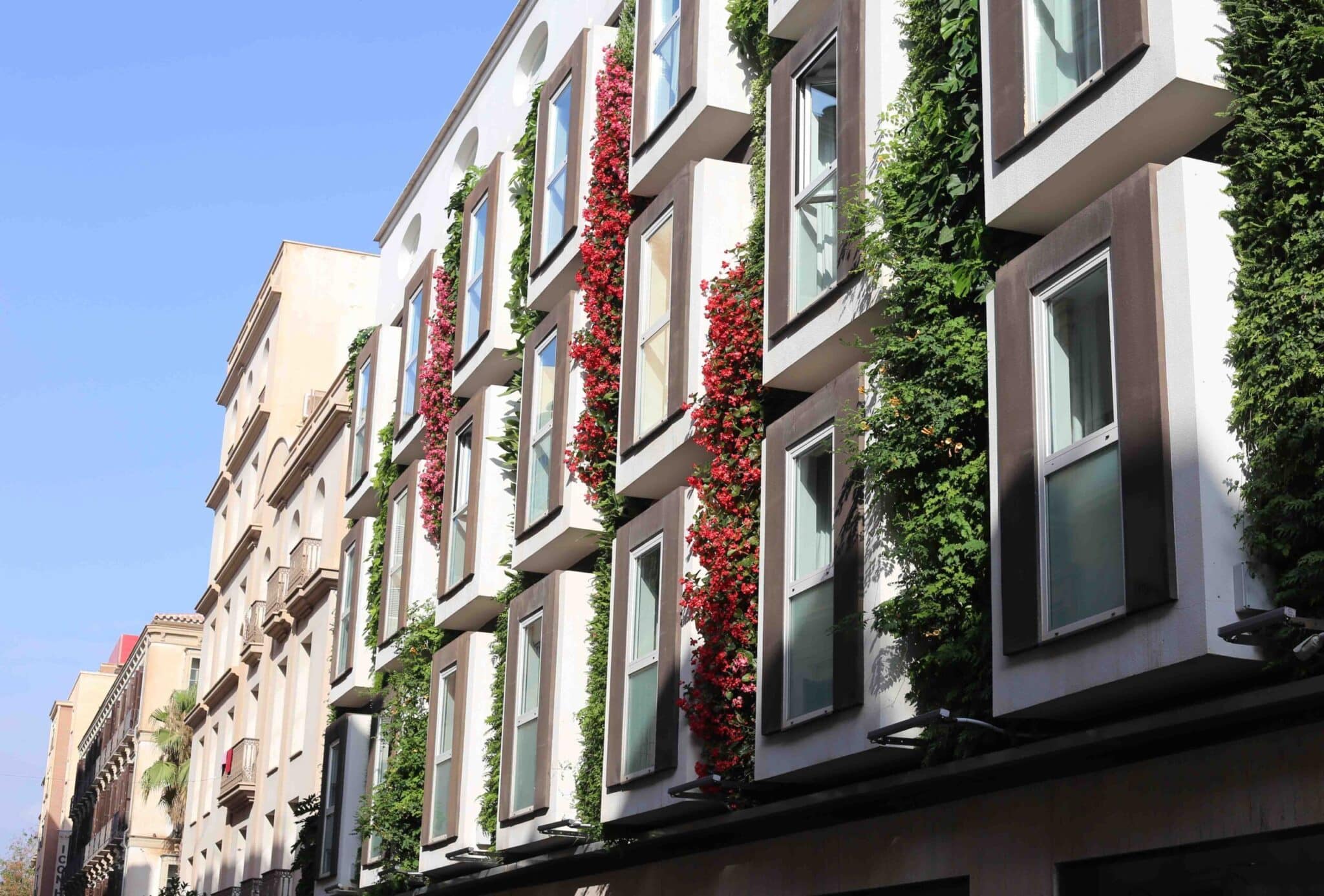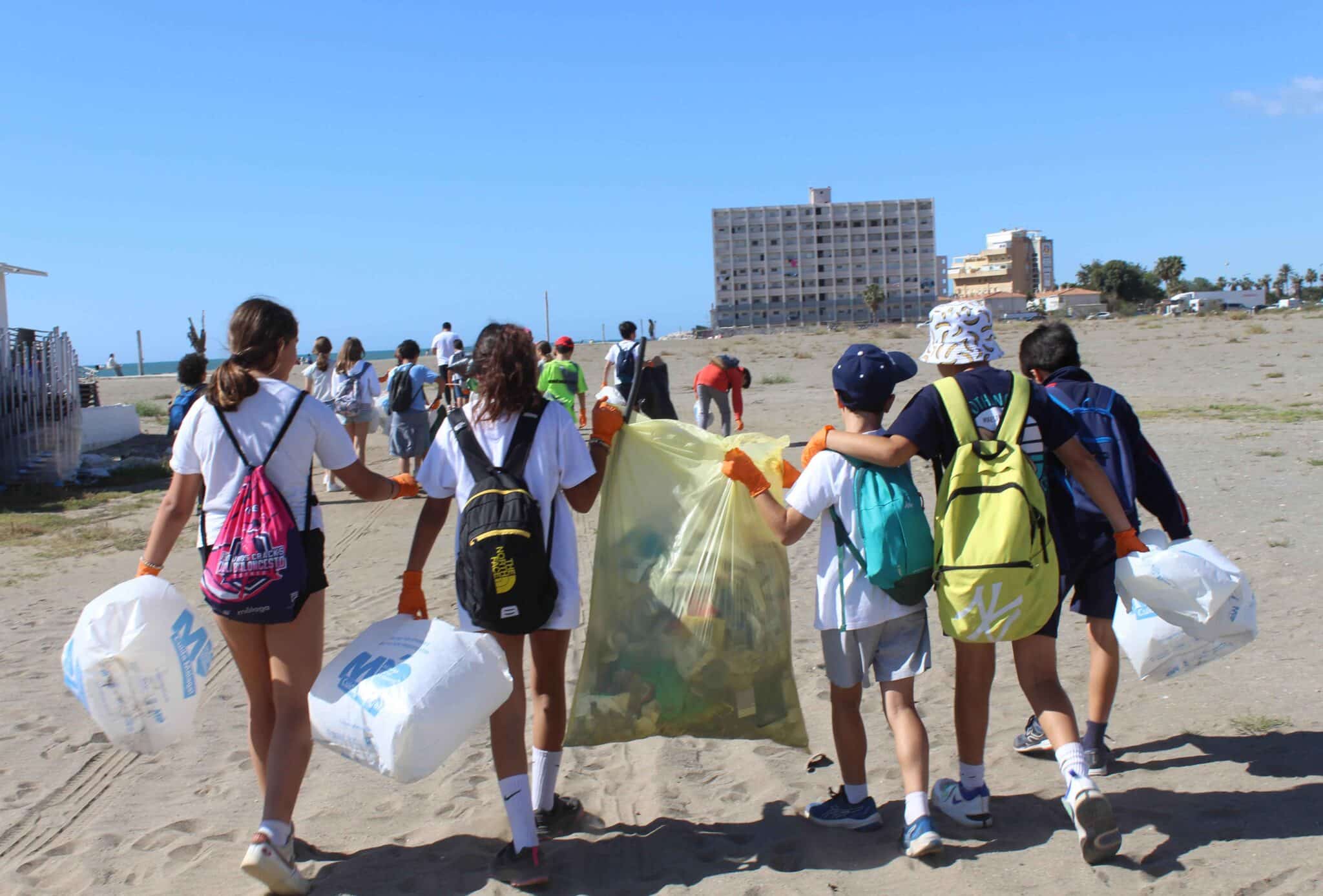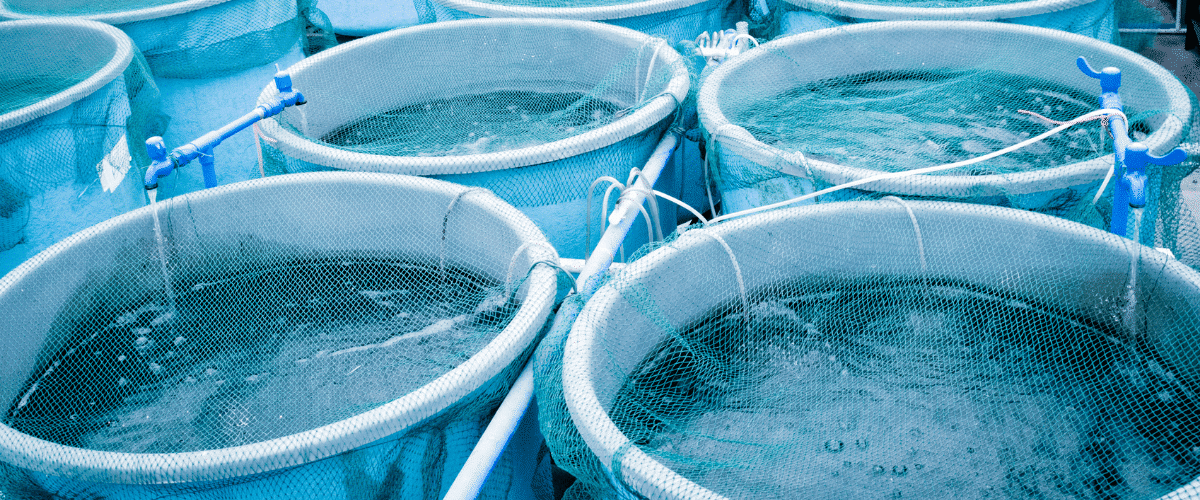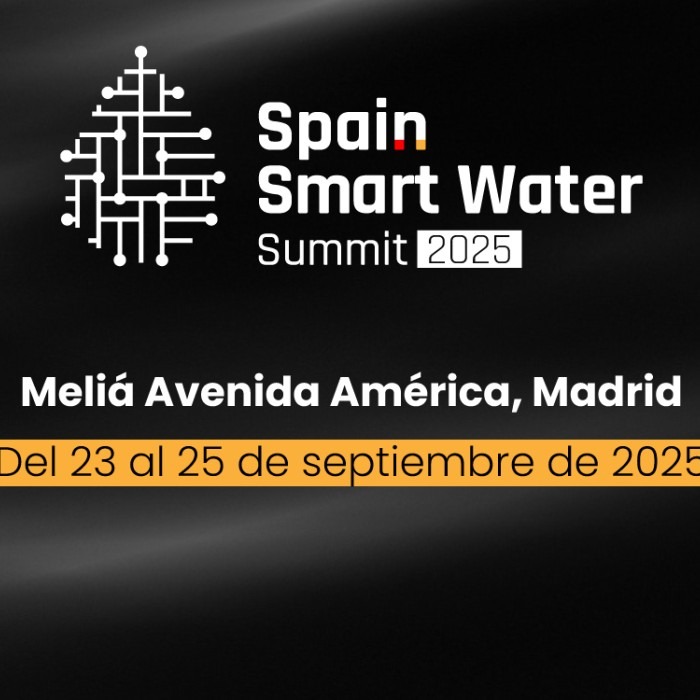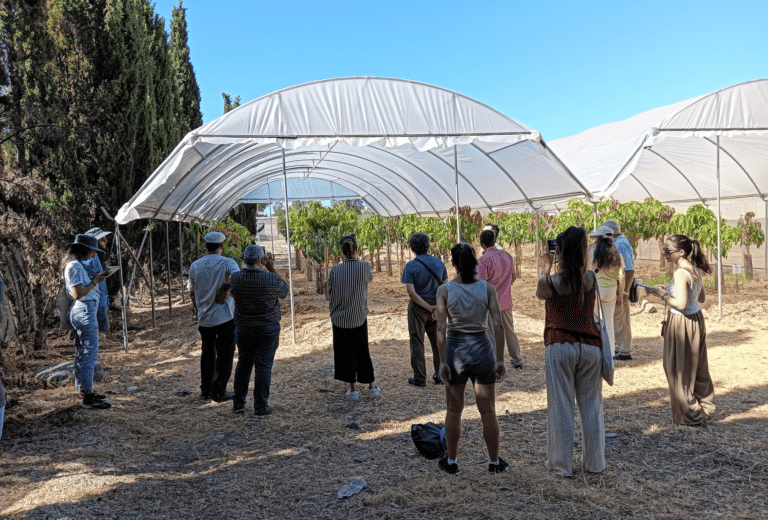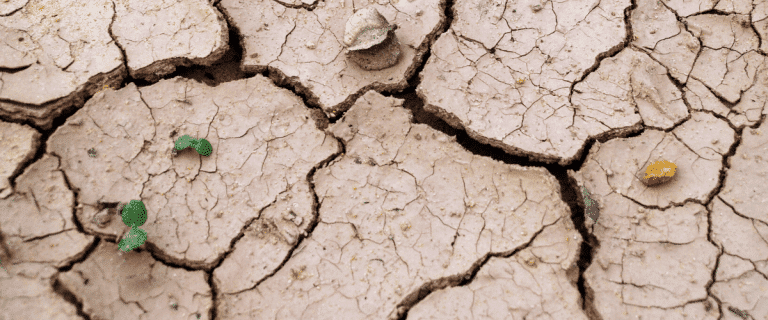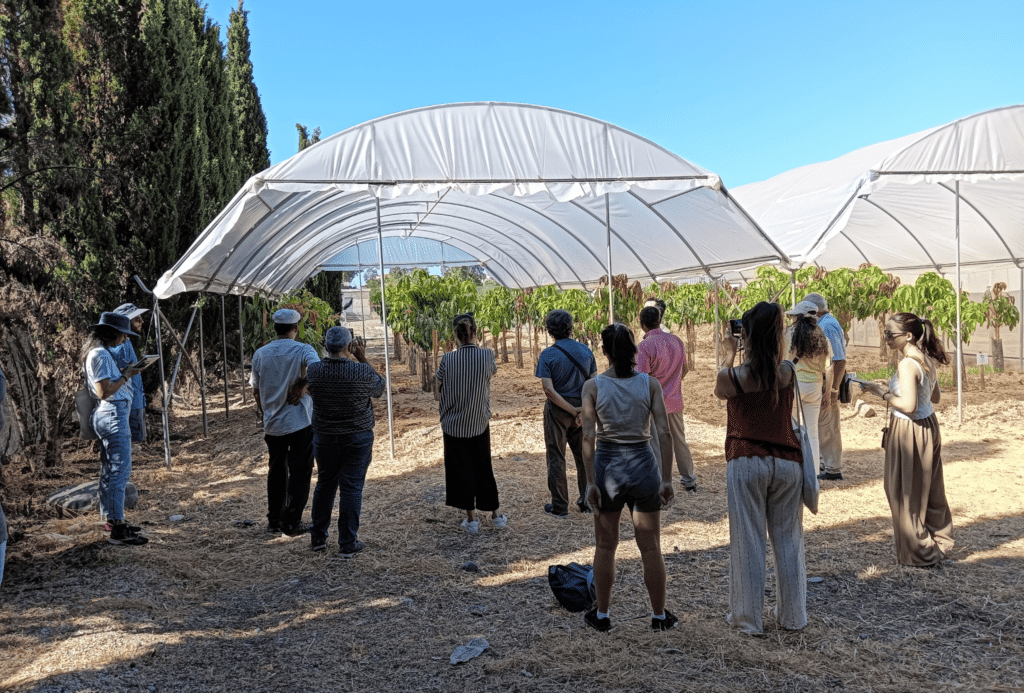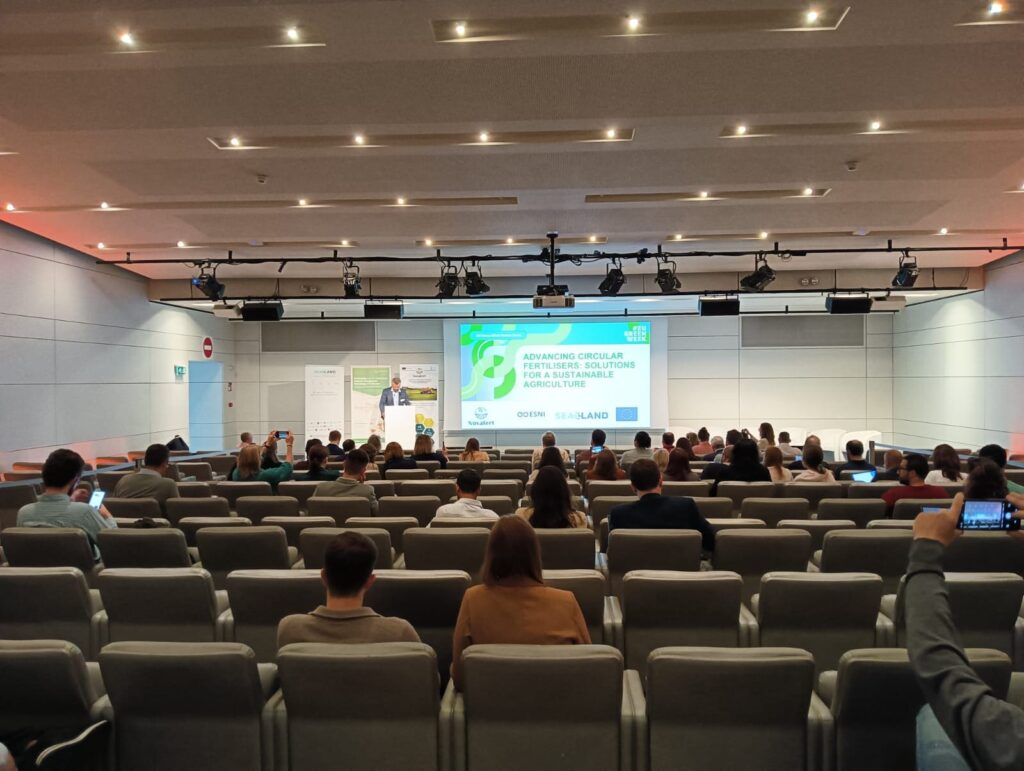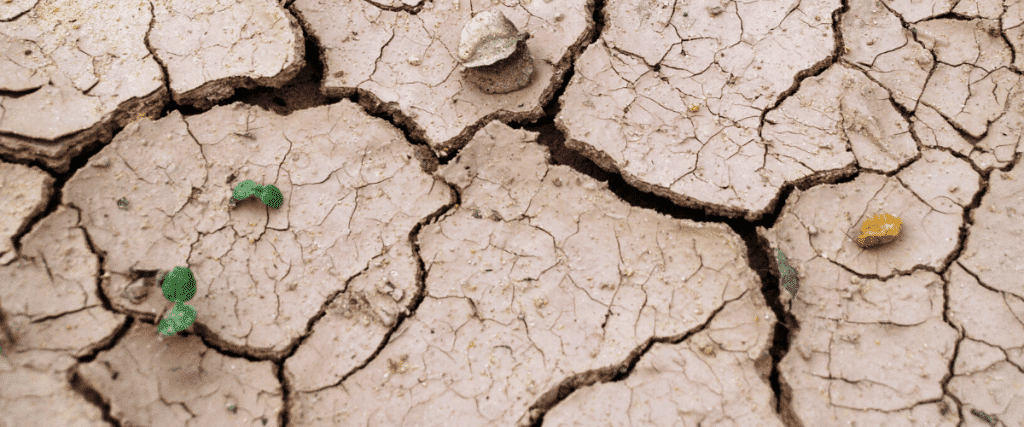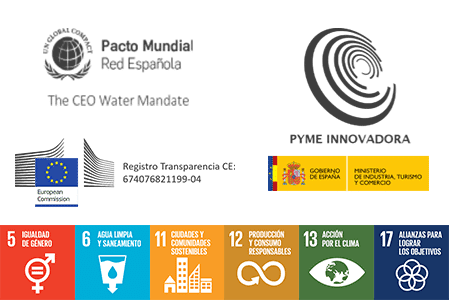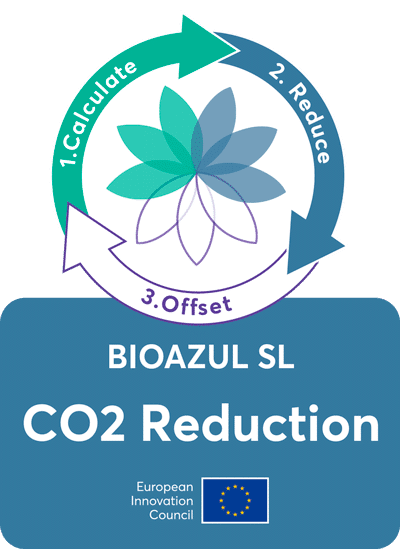Today we celebrate the World Water Day, one of the most necessary resources in our lives and at the same time one of the scarcest. The reasons that cause this water stress is the water over-abstraction derived from the great demand of internal consumption and irrigation. The climate change and the population increase will also contribute to worsen this scarcity. This problem is reflected in figures where at least 11% of the European population and 17% of its territory are affected by water scarcity.
Regarding this situation, the reclaimed water (i.e. treated wastewater with the quality required for a specific use) becomes an alternative source of water supply, including even in the main international, European and national strategies. An example of this is the Sustainable Development Objective on Water (SDG 6), promoted by the UN, which is aimed to increase the recycling and safe reuse of water worldwide by 2030.
The reuse of reclaimed water is considered as a reliable water supply able to cover the peaks of water demand and independent of periods of drought and climatic variations. This is a benefit for agricultural activities since they can reduce the risk of crop failure, as well as to decrease the use of additional fertilizers. Compared with other sources of water supplies such as desalination or water transfer, the reuse of reclaimed water means lower investment and energy costs, contributing to the reduction of greenhouse gases. Reusing water also extends its life cycle and contributes to preserving water resources in line with circular economy objectives.
Currently, about 1 billion cubic meters of treated wastewater is reused annually, accounting for approximately 2.4% of urban waste effluents and less than 0.5 of the annual freshwater withdrawals of the EU. This fact has led the European Commision to regulate the use of reclaimed water.
The Commission’s proposal for a Regulation of the European Parliament and of the Council on minimum requirements for water reuse was adopted on 28 May 2018. The aim of this proposal is to alleviate water scarcity in the European Union and create a tool that manages all water resources in Europe efficiently.
The proposal establishes minimum quality requirements that ensure the safe reuse of urban wastewater for agricultural irrigation and that guarantee equal conditions for the operators that produce and supply reclaimed water, as well as for farmers. It is also proposed to establish amortized control requirements both at the output of the generation facility and on the frequency of the controls of each quality parameter; address other possible risks to health and the environment; establish an authorization procedure for which the operator of the installation will need the authorization of the competent authority to supply wastewater; and finally, to ensure the transparency of information related to any water reuse project and the availability of such information to the public.
Since last May the proposal has been examined at four half-day meetings of the Working Party on the Environment (WPE) of the Council EU. The degree of flexibility the EU instrument should offer to Member States and the stringency of the minimum harmonised standards for reclaimed water quality have been the main issues discussed during the meetings.
The opinions about the changes on the proposal are very different between the member states. On the one hand, there are countries that already reuse wastewater and fear that the proposed Regulation will require considerable changes to the national systems already in place and, therefore, would like a flexible EU instrument accommodating different national circumstances. On the other hand, there are countries that do not suffer water scarcity and therefore, they consider that they should be excluded from the application of the regulation.
Finally, on February 12, 2019 the European Parliament adopted by 588 votes in favor, 23 against and 66 abstentions, a legislative resolution for the proposal of the Council’s regulation on the reuse of water. After the first reading, the proposal was modified as follows:
- The regulation establishes the minimum requirements for the quality and monitoring of reclaimed water and the obligation to carry out specific risk management tasks.
- The regulation must guarantee that the use of reclaimed water is safe for human and animal health, and for the environment, reducing the adverse effects derived from the use of this type of water.
- Member States should ensure that water resources intended for drinking are not contaminated by reused water.
- Reclamation facility operators should also ensure that at least the risk management measures set out in the Water Reuse Risk Management Plan are fully implemented within the reclamation facility.
- After this point of compliance, the responsibility of the operator of the installation will become the responsibility of the next actor in the chain.
- Operators will have to maintain the level of quality of the reclaimed water within the reclaimed water distribution infrastructure at least at the same level of quality as that laid down Annex I to the regulation.
- If the end user suspects that the reclaimed water does not meet the minimum requirements established in the regulation, it must: (i) inform the corresponding health authority immediately, providing all available evidence; (ii) cooperate with the corresponding competent authority to verify and determine the reasons for the suspicion and the possible presence of unauthorized substances or values.
- Member States could allow the use of reclaimed water for other purposes, such as the industrial reuse of water and for recreational and environmental purposes, provided that a high level of protection of human health, animals and the environment is ensured.
- The Commission should adopt delegated acts by introducing a method for measuring the presence of microplastics in reused waters that may be subject to additional requirements.
- In case of non-compliance, the competent authority will require the operator of the corresponding installation to take the necessary measures to quickly re-establish compliance with the regulations and inform the end users immediately.
- It is also proposed that the Commission carry out an evaluation of the regulation as of its entry into force within a maximum period of 5 years.
